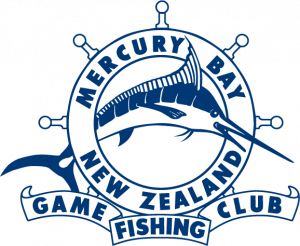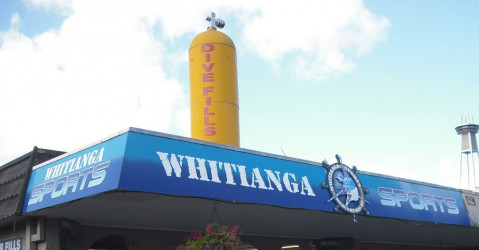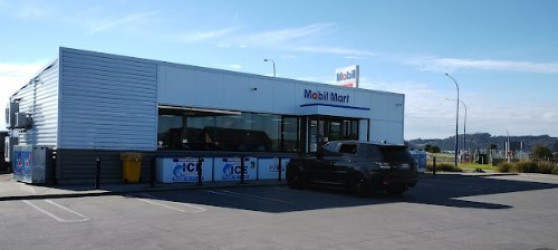
Get in touch with us
Open Hours:
Office 9am – 4pm Mon – Fri
Bar 3pm – close
Restaurant 5:30pm – close
Email:
office@mbgfc.co.nz
Call:
+64-078664121
Location
12 The Esplanade, Whitianga, New Zealand, 3510.
Proud to be associated with
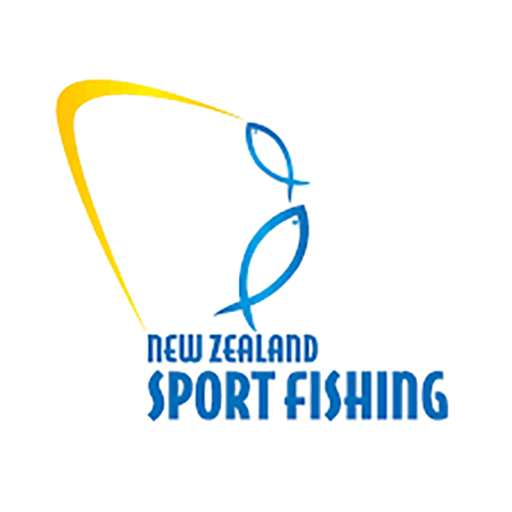
The New Zealand Sport Fishing Council
The New Zealand Sport Fishing Council Inc (NZSFC), is a not for profit organisation originally founded in 1957 and incorporated on 3 March 1959. We currently have 54 affiliated member Clubs from the top of the North Island to the bottom of the South Island.
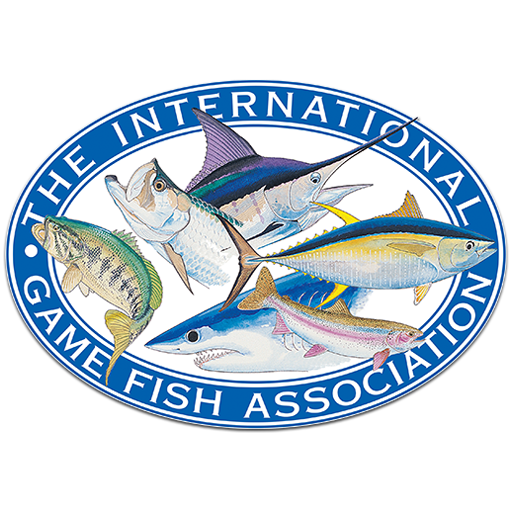
The International Game Fish Association
The IGFA is a nonprofit organization committed to the conservation of game fish and the promotion of responsible, ethical angling practices, through science, education, rule making, record keeping and recognition of outstanding accomplishments in the field of angling.
